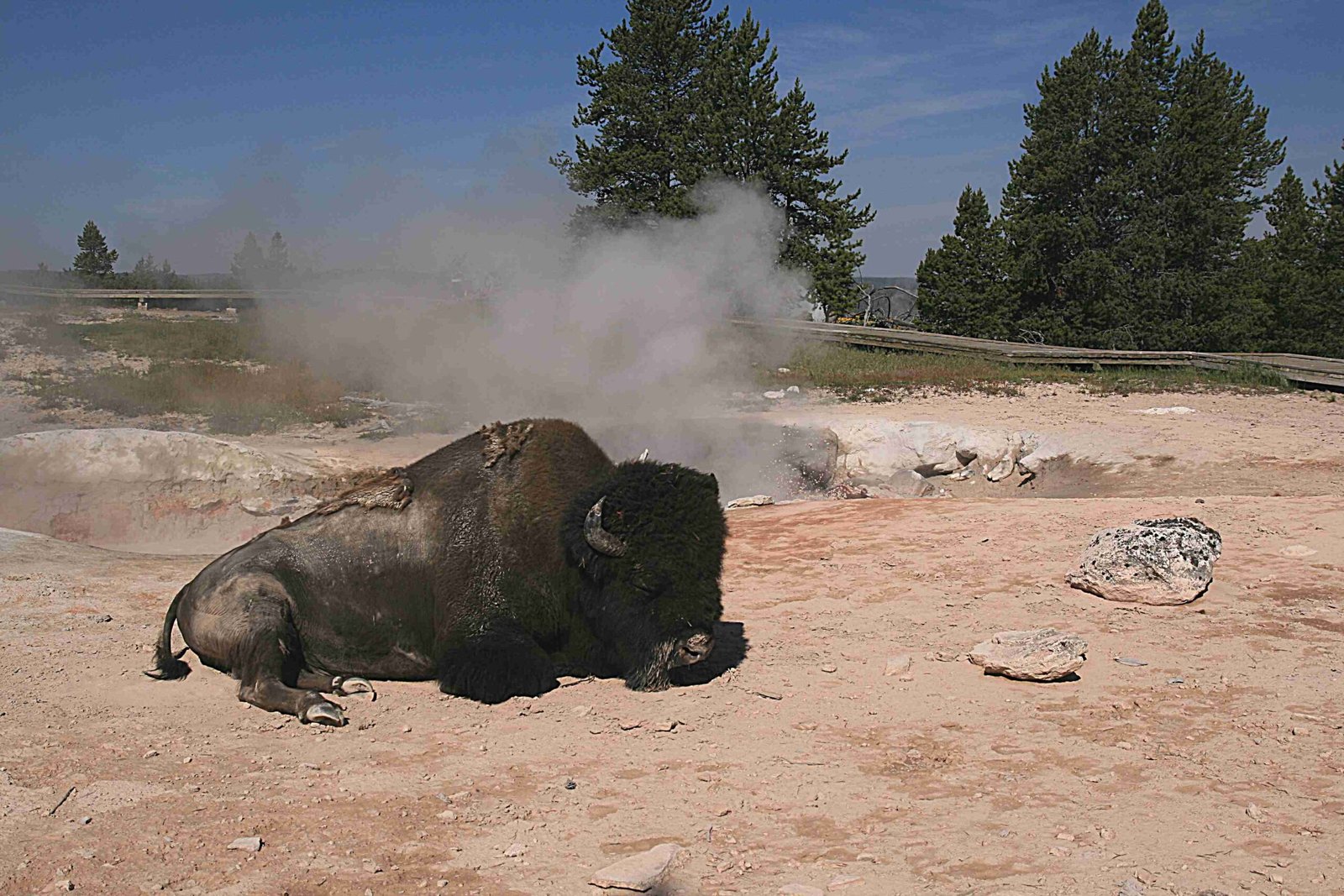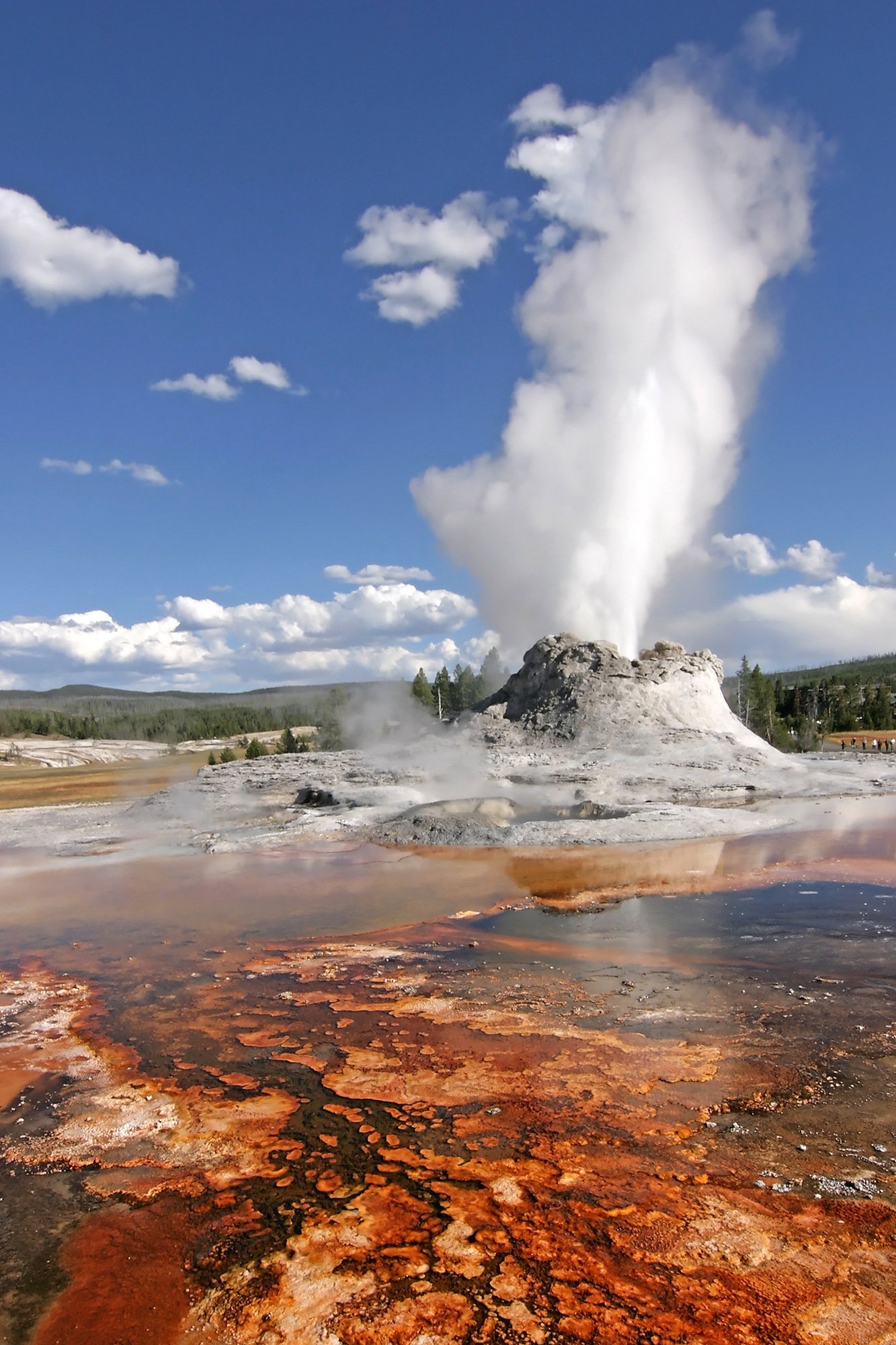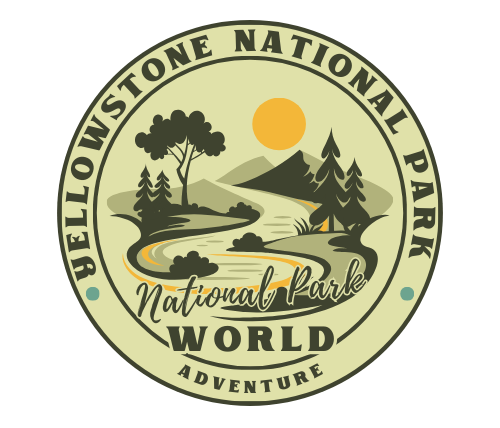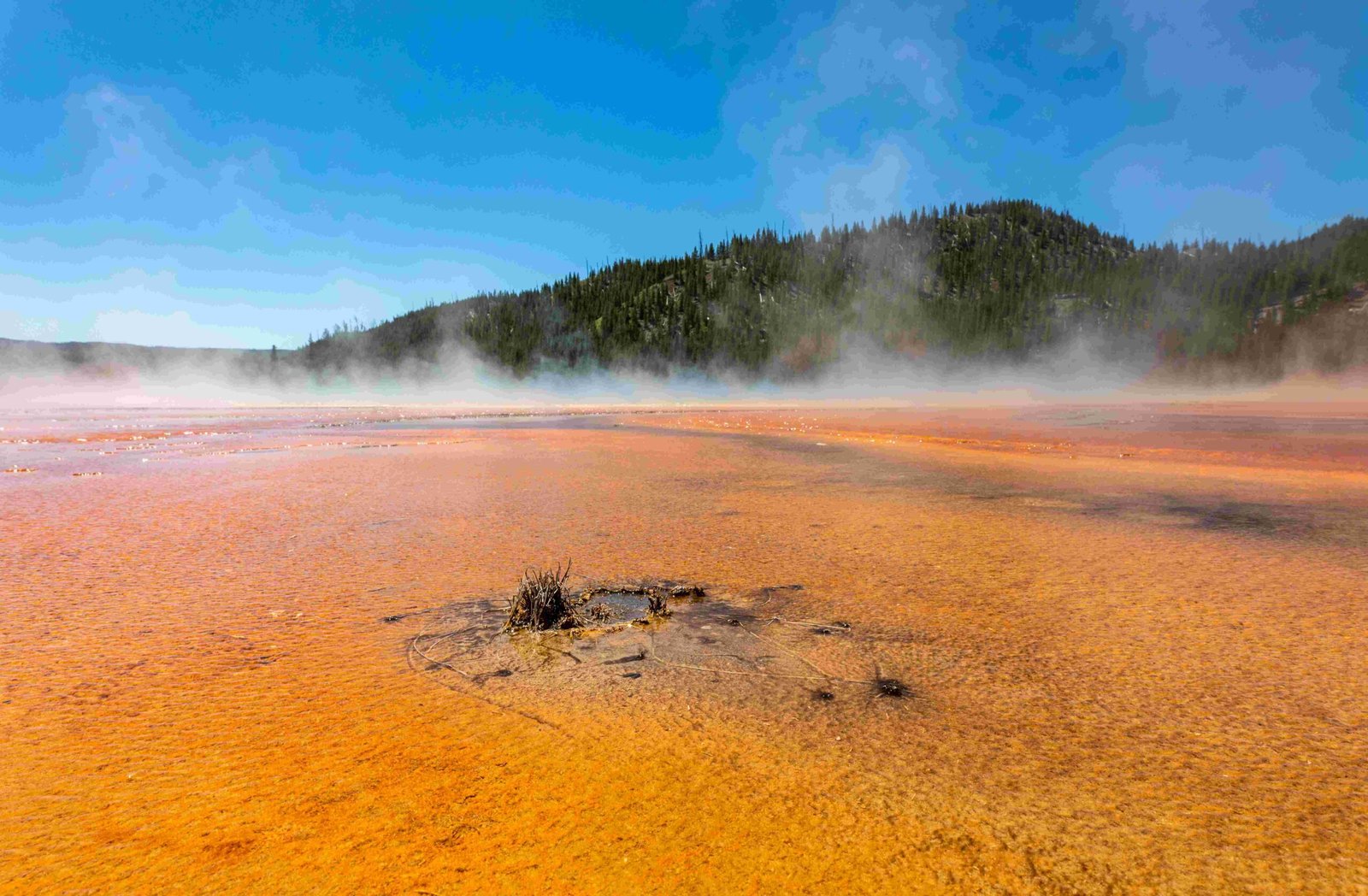Yellowstone National Park snowshoe tours offer a unique winter experience in one of America’s most iconic landscapes. These guided excursions provide visitors with the opportunity to explore snow-covered trails, witness stunning geothermal features, and observe wildlife in their natural winter habitat. Tours range from half-day outings to multi-day adventures, catering to various skill levels and interests. Experienced guides lead participants through the park’s pristine wilderness, sharing insights about the ecosystem and ensuring safety in the challenging winter conditions.
What Are the Best Yellowstone National Park Snowshoe Tours?

Several reputable companies offer snowshoe tours in Yellowstone, each with its own unique offerings:
Wildland Trekking
- Duration: 5 days
- Group Size: Minimum 2 guests
- Included: Professional guide, lodging, meals, transportation, snowshoe gear
- Physical Demands: 5-7 hours of snowshoeing daily, 10-15 pound backpack, temperatures potentially below 0°F
Big Sky Adventures & Tours
- Duration: 3.5 hours (afternoon) or 7-8 hours (full-day)
- Group Size: Up to 12 participants for afternoon tours
- Included: Naturalist guide, transportation, snowshoe rentals
- Physical Demands: 3-6 miles over gently rolling terrain
Yellowstone Wild Tours
- Duration: 8 hours (full-day)
- Group Size: Customizable (1-10 guests)
- Included: Local guide, snowshoes, transportation, meals, snacks
- Physical Demands: Custom-designed to match group fitness level
Where Can You Rent Snowshoes in Yellowstone?

Snowshoe rentals are available at several locations within and around Yellowstone National Park:
- Mammoth Hot Springs
- Old Faithful Snow Lodge
- Gardiner (nearby town)
- West Yellowstone (nearby town)
No reservations are necessary for rentals within the park. However, availability and rental costs may vary, so it’s best to check in advance.
What Are the Best Snowshoe Trails in Yellowstone?
Yellowstone offers a variety of snowshoe trails suitable for different skill levels:
- Riverside Trail (West Yellowstone)
- Length: 1.5 to 3.5 miles
- Difficulty: Easy to moderate
- Time: 1-3 hours
-
Features: Accessible from town, wildlife viewing opportunities
-
Gneiss Creek Trail (Northwest Yellowstone)
- Length: Up to 14 miles
- Difficulty: Moderate
- Time: 4-7 hours
-
Features: Scenic winter landscape, out-and-back option
-
Upper Terrace Loop (Mammoth Hot Springs)
- Length: 1-2 miles
- Difficulty: Easy
- Time: 1-2 hours
-
Features: Geothermal features in winter setting
-
Observation Point (Old Faithful)
- Length: 2 miles round trip
- Difficulty: Moderate
- Time: 2 hours
- Features: Panoramic views of Old Faithful basin
What Wildlife Can You See on Yellowstone Snowshoe Tours?
Winter in Yellowstone offers unique wildlife viewing opportunities:
- Large herds of bison, elk, pronghorn, and bighorn sheep in the Northern Range
- Potential gray wolf sightings
- Best viewing times: Early morning and late afternoon
Guides provide information on wildlife biology and conservation, ensuring safe and respectful interactions. It’s crucial to maintain a safe distance from all wildlife.
How Should You Prepare for a Yellowstone Snowshoe Tour?
Proper preparation is key for an enjoyable and safe snowshoe tour in Yellowstone:
- Clothing:
- Layer with moisture-wicking base layers
- Insulating mid-layers (fleece or wool)
- Waterproof and windproof outer layer
- Warm, waterproof boots
-
Thick socks, gloves, and a hat
-
Equipment:
- Snowshoes and poles (often provided by tour companies)
- Backpack for carrying essentials
- Water bottle or hydration system
- Snacks (if not provided)
-
Sunglasses and sunscreen (snow reflection can be intense)
-
Physical Preparation:
- Build endurance with regular cardio exercises
- Practice walking in snowshoes if possible
-
Prepare for high altitude conditions
-
Safety Considerations:
- Inform someone of your tour plans
- Carry a map and compass
- Bring a first-aid kit
- Be aware of weather forecasts and potential hazards
What Are the Benefits of Guided Yellowstone Snowshoe Tours?
Opting for a guided snowshoe tour in Yellowstone offers several advantages:
- Expert Knowledge: Guides provide in-depth information about the park’s geology, wildlife, and history.
- Safety: Professional guides are trained in wilderness first aid and navigation.
- Equipment: Many tours include snowshoe rentals, eliminating the need to purchase or transport gear.
- Access: Guides know the best trails and viewing spots that may be challenging to find independently.
- Group Experience: Share the adventure with like-minded individuals and potentially make new friends.
How Does Snowshoeing Impact Yellowstone’s Ecosystem?
Snowshoeing is a low-impact winter activity that, when done responsibly, has minimal effect on Yellowstone’s ecosystem:
- Snowshoes distribute weight, reducing damage to underlying vegetation
- Guided tours ensure participants follow Leave No Trace principles
- Winter activities help support local economies and park conservation efforts
However, it’s crucial to stay on designated trails and respect wildlife habitats to minimize any potential negative impacts.
What Are the Alternatives to Snowshoe Tours in Yellowstone?
For those seeking different winter experiences in Yellowstone, consider:
- Cross-country Skiing: Many snowshoe trails are also suitable for cross-country skiing.
- Snowcoach Tours: Heated, guided tours in specialized vehicles.
- Snowmobile Tours: Guided tours on designated park roads.
- Winter Wildlife Watching: Organized tours focusing specifically on wildlife observation.
Each option offers a unique perspective on Yellowstone’s winter landscape and wildlife.
Yellowstone National Park snowshoe tours provide an unforgettable winter adventure in one of America’s most spectacular natural settings. Whether you’re a seasoned snowshoer or a first-timer, these tours offer a chance to experience the park’s beauty, wildlife, and geothermal wonders in a truly unique way. With proper preparation and respect for the environment, a snowshoe tour can be the highlight of your winter travel experiences.

